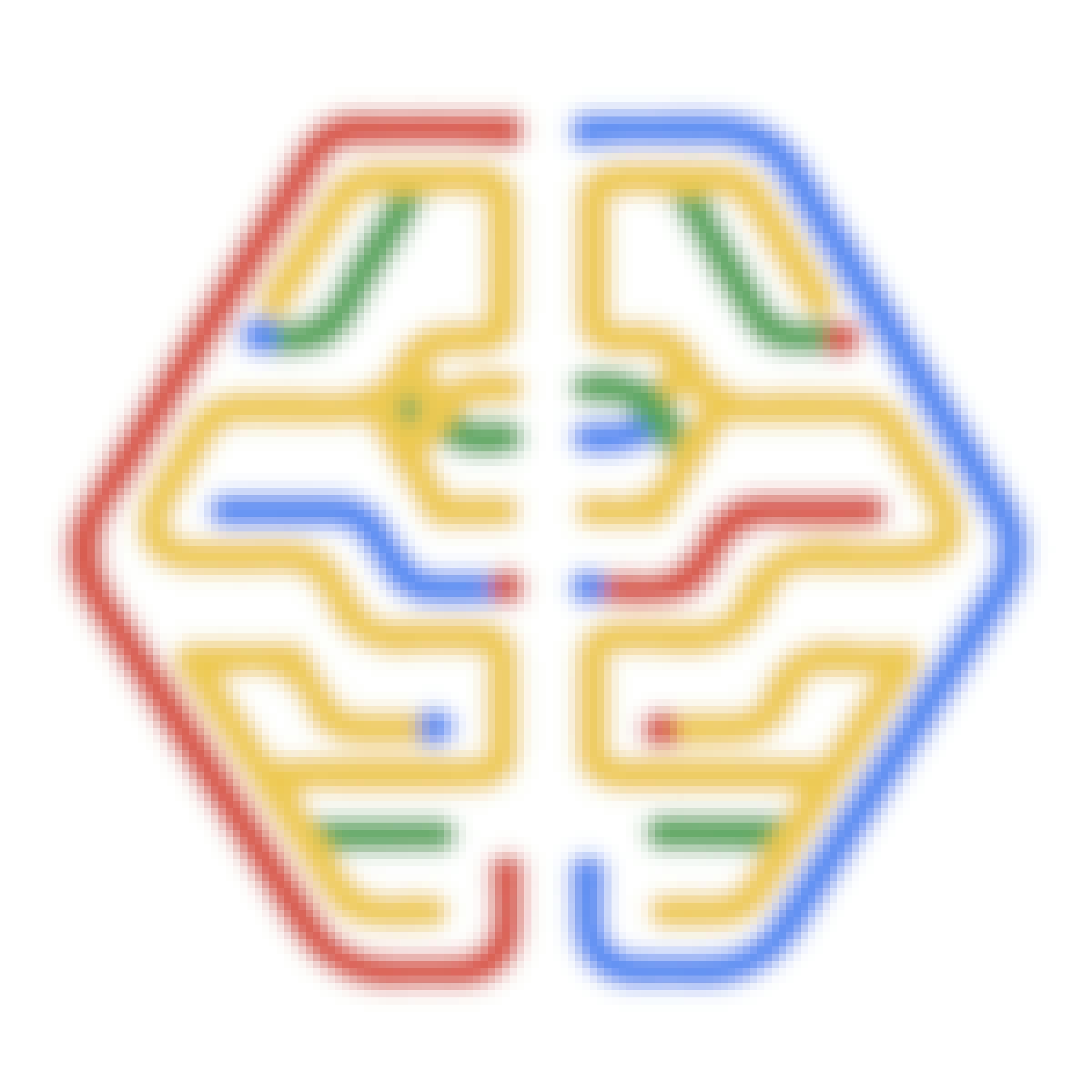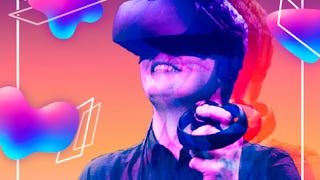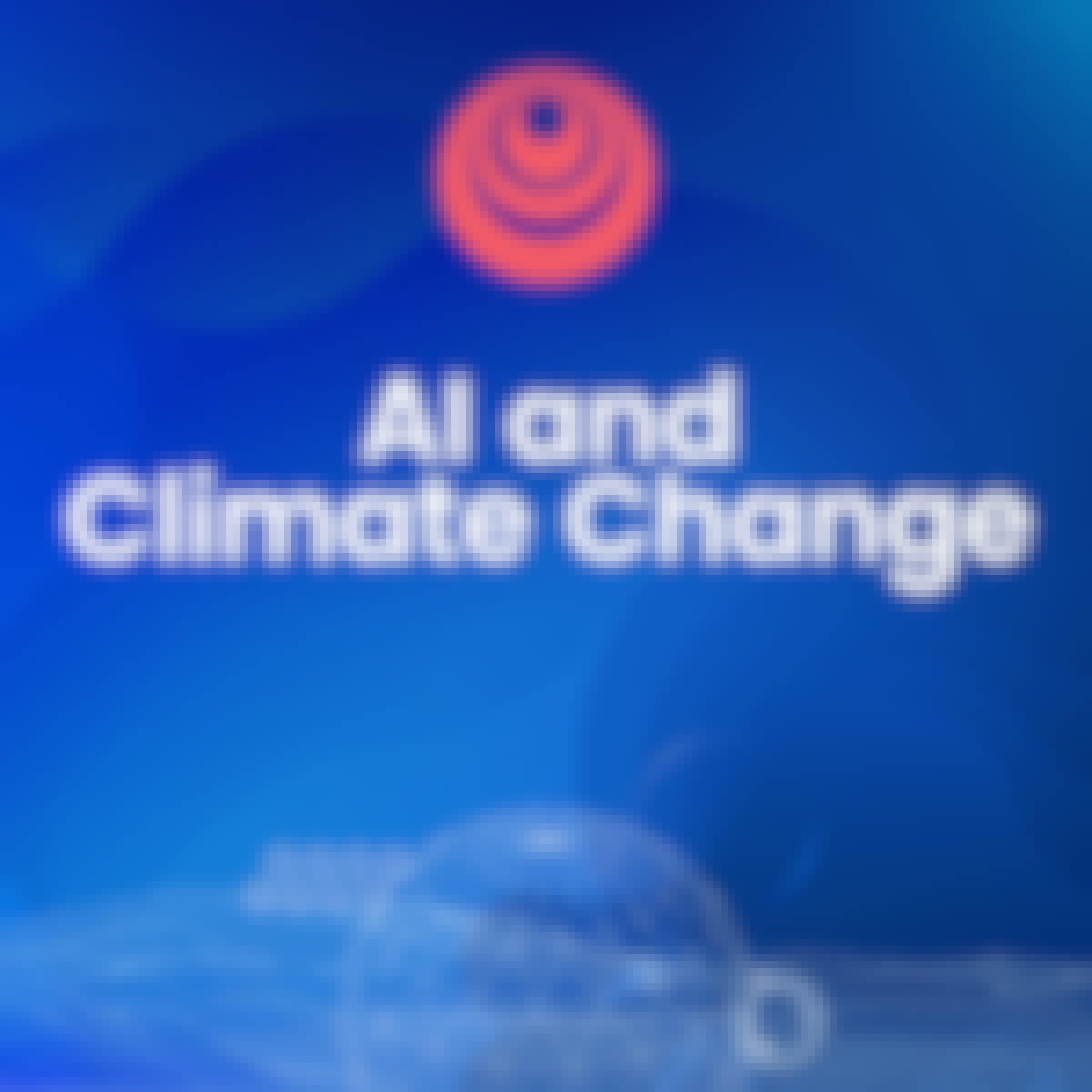- Browse
- Food Science
Food Science Courses
Food science courses can help you learn about food safety, nutrition, sensory evaluation, and food processing techniques. You can build skills in recipe formulation, quality control, and understanding food chemistry. Many courses introduce tools like statistical software for analyzing taste tests, laboratory equipment for testing food properties, and food modeling software to predict shelf life, allowing you to apply these skills in real-world food production and innovation.
Popular Food Science Courses and Certifications
 Status: Free TrialFree TrialG
Status: Free TrialFree TrialGGoogle Cloud
Skills you'll gain: MLOps (Machine Learning Operations), Model Deployment, Systems Design, Tensorflow, Hybrid Cloud Computing, Google Cloud Platform, Systems Architecture, Performance Tuning, Machine Learning, Model Evaluation, Distributed Computing, Scalability
4.6·Rating, 4.6 out of 5 stars1K reviewsAdvanced · Course · 1 - 3 Months
 Status: Free TrialFree TrialU
Status: Free TrialFree TrialUUniversity of Michigan
Skills you'll gain: Augmented and Virtual Reality (AR/VR), Augmented Reality, Virtual Reality, Web Content Accessibility Guidelines, Emerging Technologies, Virtual Environment, Display Devices, Design Strategies, Human Computer Interaction, User Experience Design, Information Privacy, Conceptual Design, Diversity Equity and Inclusion Initiatives, Innovation, Personally Identifiable Information, Safety and Security, Ethical Standards And Conduct
4.7·Rating, 4.7 out of 5 stars408 reviewsBeginner · Course · 1 - 4 Weeks
 Status: Free TrialFree TrialU
Status: Free TrialFree TrialUUniversity of California, Irvine
Skills you'll gain: Objective-C (Programming Language), iOS Development, Apple iOS, Apple Xcode, Prototyping, Mobile Development, C (Programming Language), Object Oriented Programming (OOP), Computer Programming, Data Structures
4.6·Rating, 4.6 out of 5 stars558 reviewsMixed · Course · 1 - 4 Weeks
 Status: Free TrialFree TrialM
Status: Free TrialFree TrialMMicrosoft
Skills you'll gain: Cascading Style Sheets (CSS), GitHub, C# (Programming Language), Secure Coding, HTML and CSS, User Interface and User Experience (UI/UX) Design, Figma (Design Software), Open Web Application Security Project (OWASP), Git (Version Control System), User Interface (UI), Object Oriented Programming (OOP), Web Development, Debugging, Mockups, Microsoft Copilot, Authentications, Front-End Web Development, Programming Principles, UI Components, Javascript
4.6·Rating, 4.6 out of 5 stars204 reviewsBeginner · Professional Certificate · 3 - 6 Months
 Status: PreviewPreviewN
Status: PreviewPreviewNNational Taiwan University
Skills you'll gain: Data-Driven Decision-Making, Business Analytics, Business Intelligence, Strategic Decision-Making, Analytics, Financial Data, Marketing Analytics, Market Analysis, Customer Insights, Big Data, Analysis, Social Media, Business, Retail Store Operations, Marketing Strategies, Brand Management, Banking, Financial Services
4.8·Rating, 4.8 out of 5 stars413 reviewsBeginner · Course · 1 - 3 Months
 Status: PreviewPreview
Status: PreviewPreviewSkills you'll gain: Logistic Regression, SAS (Software), Statistical Hypothesis Testing, Statistical Software, Statistical Analysis, Predictive Modeling, Statistical Programming, Statistical Modeling, Statistical Methods, Regression Analysis, Probability & Statistics, Model Evaluation
4.7·Rating, 4.7 out of 5 stars300 reviewsIntermediate · Course · 1 - 3 Months
 Status: Free TrialFree TrialU
Status: Free TrialFree TrialUUniversity of Colorado Boulder
Skills you'll gain: Regression Analysis, Microsoft Excel, Statistical Modeling, Excel Formulas, Financial Analysis, Predictive Modeling, Data Management, Financial Modeling, Data Analysis Expressions (DAX), Financial Forecasting, Process Optimization, Problem Solving
4.7·Rating, 4.7 out of 5 stars571 reviewsIntermediate · Course · 1 - 3 Months
 Status: Free TrialFree TrialD
Status: Free TrialFree TrialDDeepLearning.AI
Skills you'll gain: Model Evaluation, Applied Machine Learning, Image Analysis, Environmental Monitoring, Convolutional Neural Networks, Artificial Intelligence, Climate Change Mitigation, Artificial Neural Networks, Forecasting, Computer Vision, Predictive Modeling, Data Preprocessing, Environmental Science, Supervised Learning
4.8·Rating, 4.8 out of 5 stars139 reviewsBeginner · Course · 1 - 4 Weeks
 Status: Free TrialFree TrialR
Status: Free TrialFree TrialRRice University
Skills you'll gain: Statistics, Descriptive Statistics, Probability & Statistics, Probability Distribution, Business Analytics, Microsoft Excel, Data Analysis, Statistical Analysis, Box Plots, Sampling (Statistics), Correlation Analysis
4.7·Rating, 4.7 out of 5 stars2.7K reviewsMixed · Course · 1 - 4 Weeks
 Status: Free TrialFree TrialJ
Status: Free TrialFree TrialJJohns Hopkins University
Skills you'll gain: Tidyverse (R Package), Data Wrangling, R (Software), Data Cleansing, Data Transformation, Data Manipulation, R Programming, Data Science, Exploratory Data Analysis, Data Analysis, Data Management, File Management, Data Visualization, Data Import/Export
4.4·Rating, 4.4 out of 5 stars53 reviewsBeginner · Course · 1 - 3 Months
 Status: Free TrialFree TrialU
Status: Free TrialFree TrialUUniversity of California, Irvine
Skills you'll gain: Linux, Operating System Administration, Operating Systems, Integrated Development Environments, File Systems, Internet Of Things, Development Environment, Embedded Systems, Python Programming, OS Process Management, Computer Hardware, UI Components, Computer Programming
4.7·Rating, 4.7 out of 5 stars2.8K reviewsMixed · Course · 1 - 4 Weeks
 Status: Free TrialFree Trial
Status: Free TrialFree TrialSkills you'll gain: Application Development, User Interface and User Experience (UI/UX) Design, Web Design, Web Design and Development, Front-End Web Development, No-Code Development, WordPress, Web Development, Full-Stack Web Development, Web Development Tools, Back-End Web Development, Content Management Systems
4.6·Rating, 4.6 out of 5 stars402 reviewsBeginner · Course · 1 - 3 Months
In summary, here are 10 of our most popular food science courses
- Production Machine Learning Systems: Google Cloud
- Intro to AR/VR/MR/XR: Technologies, Applications & Issues: University of Michigan
- Foundations of Objective-C App Development: University of California, Irvine
- Microsoft Front-End Developer: Microsoft
- 大數據分析:商業應用與策略管理 (Big Data Analytics: Business Applications and Strategic Decisions): National Taiwan University
- Statistics with SAS: SAS
- Everyday Excel, Part 2: University of Colorado Boulder
- AI and Climate Change: DeepLearning.AI
- Basic Data Descriptors, Statistical Distributions, and Application to Business Decisions: Rice University
- Introduction to the Tidyverse: Johns Hopkins University










